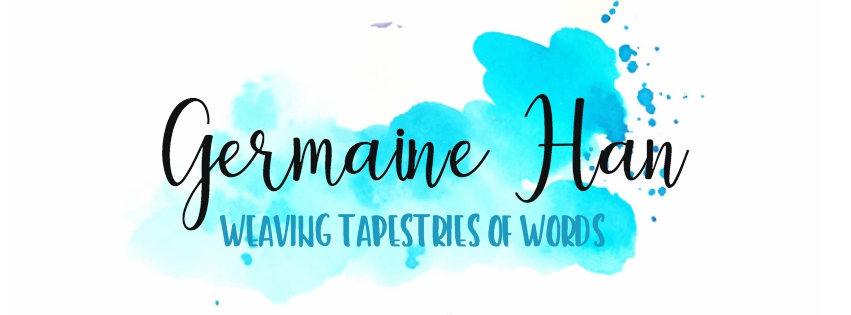Character is an essential part of every story. Without a character, a story is incomplete. And a story without good, well-developed characters often falls flat, even with a decent plot.
In my experience, character development happens naturally as you write a book. And then by the end of the first draft, you look back to the beginning and find that your main character barely had a personality.
So let’s say NaNoWriMo is drawing near, or something like that. An occasion where you need or want to write a book fast. In order to do that, you need to know your main cast of characters and know them well. So here are 4 tips on how to develop your characters—before you even write the book 😉

Character Questionnaires
Let’s start with the most basic tip. Some people love character questionnaires, others don’t. I fall somewhere in the middle.
The thing about character questionnaires is that they can be, well, kind of useless. I don’t need to know my main character’s favorite item of clothing or flower or color. Those are things that can come later if I truly need the information. The problem a lot of character questionnaires have is that they focus too much on a character’s shallow or external qualities. How they look. What they like / don’t like.
If you do choose to fill out character questionnaires, I urge you to find a questionnaire that focuses on the deepest parts of your character and the parts that make them, them. Answer questions that get you thinking about your character’s inner conflict and greatest fears.
If you can’t find a good character questionnaire, Abbie Emmons actually has some really nice ones from when she did a series on character creation. (N.B. This link opens to one of her YouTube videos, but you can download the first part of the character questionnaire in the description box. The other parts can be found on the other episodes in her series.)
I’ve used these and I highly recommend them for your main character(s).

Photo by Annie Spratt on Unsplash
Character Interviews
These helped so much back when I couldn’t find a single character questionnaire that appealed to me. The premise is simple: write interviews for your characters! You can interview them individually, as a group (good for getting a feel for how they interact with each other), or even have them interview one other.
This technique is incredibly helpful for discovering the dynamic between two or more characters, learning more about how they react to certain situations, and more. I would definitely recommend these for side characters who aren’t important enough for a whole questionnaire, but are still relevant to the story.

Short Stories
Alternatively, short stories make for a easy and safe way to get to know your characters. Write their backstory, draft some scenes that you’re not sure about. Drop your characters in situations that never ever happen and see where it takes you.
The more time you spend in a character’s head, the better you get to know them. What are the dreams that chase them towards their goal? What is their life like before you throw them into a deep mess?
Short stories allow you to explore these things as well as any other situation that you want to try out before writing the actual book. They also make for great bonus content if you ever get your book published.

Photo by Kate Trysh on Unsplash
Out of the Ordinary
Here is where you have a lot more freedom. Remember: you’re trying to get to know your characters as well as possible before writing the book. So what’s to stop you from doing something a little more unconventional? Again, these make for great bonus content!
- Letters
-
- These show your character’s thoughts and allow you explore their feelings and beliefs.
- Diary entries
- Another straightforward way to get into a character’s head, these really dig deep into a character’s thought processes and emotions.
- Text messages
- For stories that have a more contemporary setting, writing their online conversations can show the dynamic/relationship between two or more characters.
Feel free to add your own ideas to this list! There are so many other ways to develop your characters and find out more about them.

That’s all for today!
How do you develop characters? Do you enjoy filling out character questionnaires? Are there any tricks you use to get to know your main characters?
Leave a comment down below!
Make your mark,





